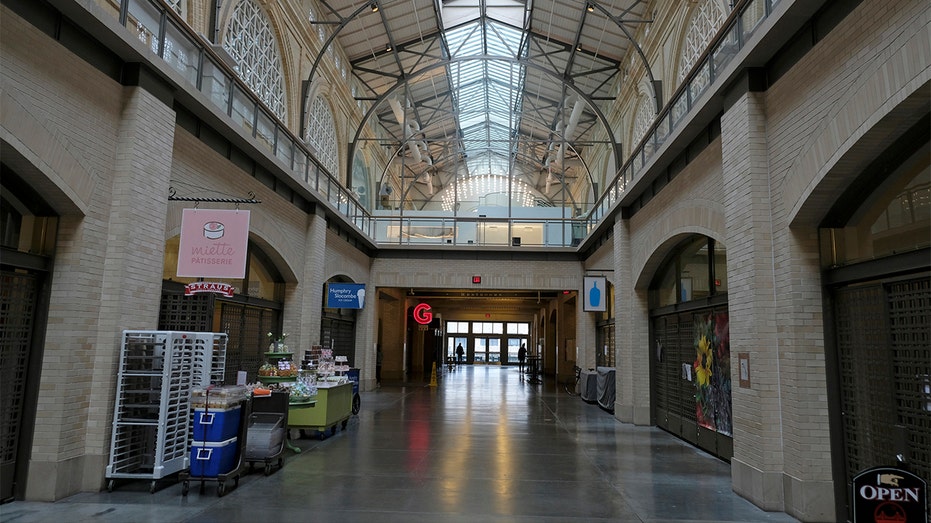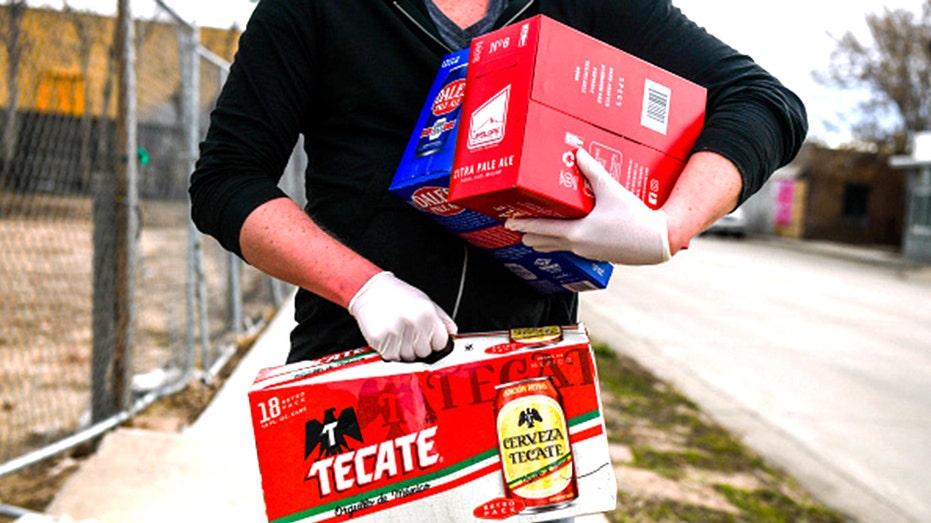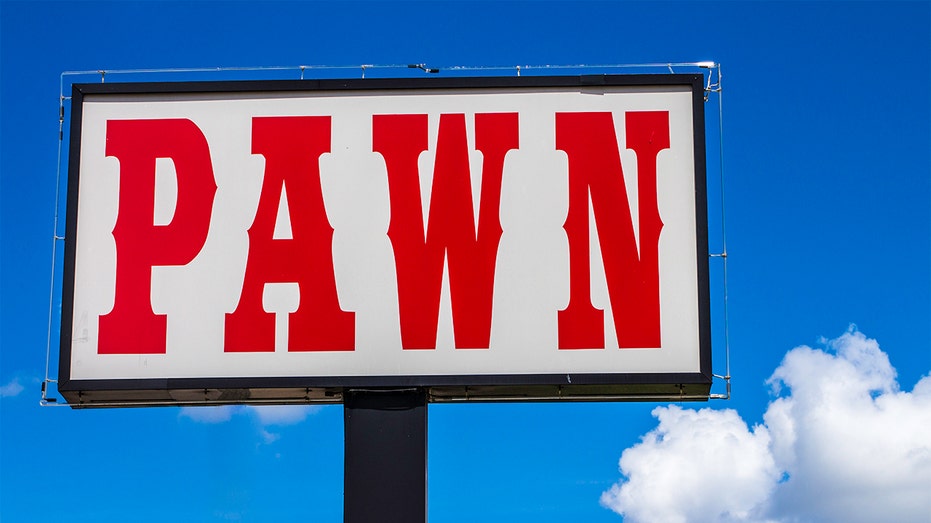Unexpected ‘essential businesses’ identified amid coronavirus
And yes, many, if not all states consider liquor stores 'essential businesses'
Get all the latest news on coronavirus and more delivered daily to your inbox. Sign up here.
The term “essential business” has been used more frequently in recent weeks as the country grapples with the new coronavirus pandemic, which has prompted states nationwide to institute “shelter-in-place” orders, or similar edicts.
Most “shelter in place” orders identify “essential businesses” using a framework that breaks them down into categories, including, essential health care and public health, child care, emergency services, critical infrastructure, food and agriculture, defense, financial services and media. They also include guidelines provided by the Cybersecurity and Infrastructure Security Agency.

The main hallway of the Ferry Building Marketplace is mostly empty on March 16, 2020, in San Francisco. (AP Photo/Eric Risberg)
POLICING AMID CORONAVIRUS PANDEMIC: HOW THESE BIG CITIES ARE RESPONDING
San Francisco, Calif., was the first region to issue a shelter-in-place order. It was deemed the most drastic measure taken in the nation at the time, but the order was eventually extended to encompass the state.
SHELTER IN PLACE AMID CORONAVIRUS: WHO CAN STILL GO TO WORK?
Many, if not all states, include jobs that one might not expect. These jobs, which either provide services to other needed businesses or are “essential” in and of themselves, include mining, janitorial and custodial services, trade work including extermination, painting, HVAC and moving and relocation services.

A man stocks up on beer and liquor on March 23, 2020 in Denver, Colorado. (Photo by Michael Ciaglo/Getty Images)
CLICK HERE TO READ MORE ON FOX BUSINESS
And yes, many, if not all states allow liquor stores, or those that sell items, including alcohol, to remain open.
CLICK HERE TO GET THE LATEST CORONAVIRUS COVERAGE
Here are some other unexpected jobs that have been deemed “essential,” along with the state that has identified them as such.
LANDSCAPING
Connecticut is one of a few states that identify landscaping as "essential" because it is considered "necessary to maintain the safety, sanitation and essential operations of residences or other essential businesses," according to Gov. Ned Lamont's executive order.

(iStock)
TOBACCO MANUFACTURING
Delaware's website includes a very specific chart that details the jobs by industry that are and are not considered necessary. In addition to tobacco manufacturing, the state also lists florists, who are limited to deliveries.
FORESTING
This job has been identified as "essential" in Delaware, Massachusetts and Wisconsin. Delaware describes the job as one that provides "services that are necessary to maintaining the safety, sanitation, and essential operation of residences," according to the emergency order.

(iStock)
PAWNSHOPS
According to Indiana's executive order, issued on March 23, pawnshops fall within the "financial and insurance institutions" category. Illinois and Ohio also consider pawnshops essential businesses.
MEDICAL MARIJUANA
Several states, such as Illinois, Maryland, Massachusetts, New Mexico, Ohio and Nevada, include licensed or accredited jobs involve the growing, processing and sale of medical marijuana. Nevada's order specifies that "retail cannabis dispensaries may operate by delivery only,” and Illinois also includes "adult use" of cannabis, rather than just medical use.
WEDDINGS
Although not a specific job, Wisconsin and Ohio consider certain weddings "essential business" because, according to the latter state, they are religious ceremonies and therefore fall under the "religious entities" category.
WHAT DOES IT MEAN TO SHELTER IN PLACE?
Editor's Note: This list does not include every essential job in every state that issued a shelter-in-place order, and each state's order differs in terms of specificity and framework.
The Associated Press contributed to this report.





















